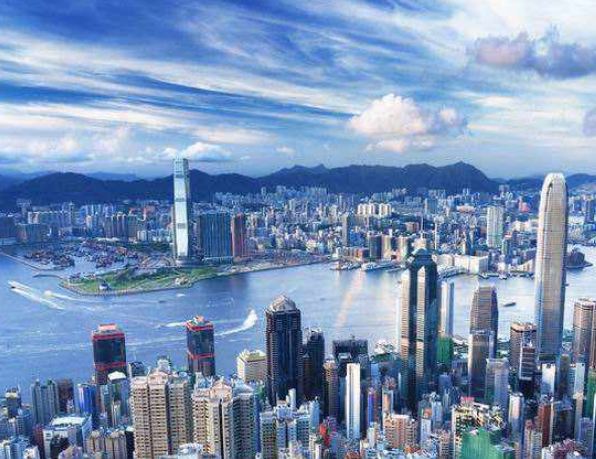BEIJING, Jan. 14 (Xinhua) -- The strategic positioning of Guangdong-Hong Kong-Macao Greater Bay Area and its major cities has been explicated last Friday, according to the official website of the Hong Kong and Macao Affairs Office of the State Council (HMO).
According to Zhang Xiaoming, director of HMO, the Greater Bay Area is positioned as a dynamic world-class city cluster, a global technology and innovation hub, a giant pivot of Belt and Road (B&R), a showcase for in-depth cooperation between the Chinese mainland and Hong Kong, Macao, as well as a quality living circle to provide an ideal place for living, working and travelling.
Major cities in the Greater Bay Area, namely Hong Kong, Macao, Guangzhou and Shenzhen, will also leverage the comparative advantages to drive economic growth and share the benefits resulting from cooperation with all parties.
For Hong Kong, it is to consolidate and enhance its status as international financial, transportation and trade centers, promote the development of its professional services and innovation and technology industries, and establish a centre for international legal and dispute resolution services in the Asia-Pacific Region.
For Macao, it is to take forward its development as a global tourism and leisure centre, establish an economic and trade cooperation platform between China and Portuguese-speaking countries, and foster the appropriately diversified and sustainable development of the economy in Macao.
For Guangdong Province, it is to reinforce its roles as the nation’s pilot zone for reform and opening up, as well as a main propeller of economic growth, and develop technology and industrial innovation centers, as well as an advanced manufacturing and modern service industries base.
The Greater Bay Area includes the Hong Kong Special Administrative Region, Macao Special Administrative Region, and nine cities in south China's Guangdong Province, creating GDP of over one billion U.S. dollars with a land area of 56,000 square kilometers and population of 70 million. (Edited by Wu Shuang, wushuang2018@xinhua.org)




 A single purchase
A single purchase









